In this excerpt, Molinar discusses the practice of symbolically selling the devil at the conclusion of the Congo game and his interpretation of what the devil character represents within the Congo tradition.
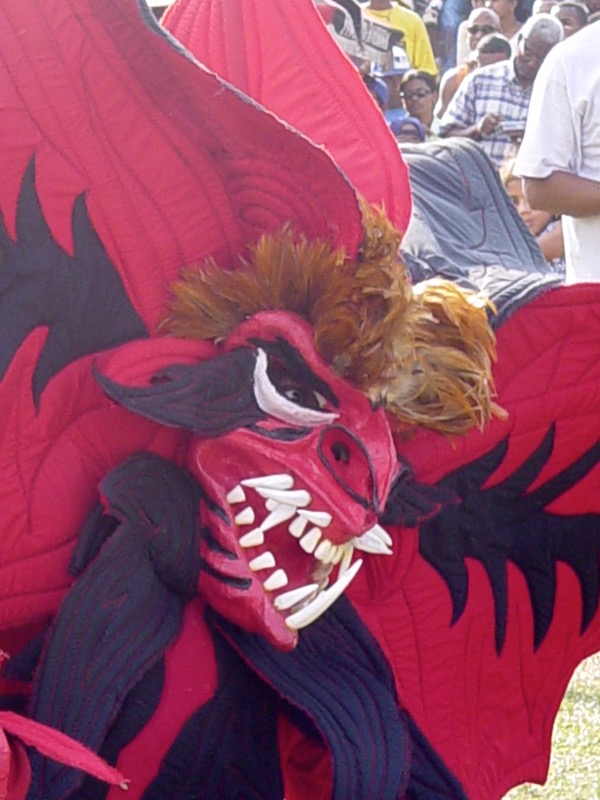


In this excerpt, Molinar discusses the practice of symbolically selling the devil at the conclusion of the Congo game and his interpretation of what the devil character represents within the Congo tradition.
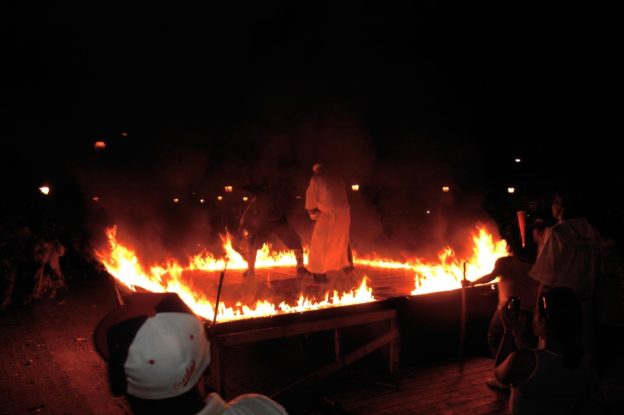
In this excerpt, Molinar discusses a few of the changes that he has witnessed in the devil character’s embodiment within the tradition that displease him and responds to Arturo Lindsay’s question regarding the escalating violence he has witnessed with the way some younger practitioners wield their whips.
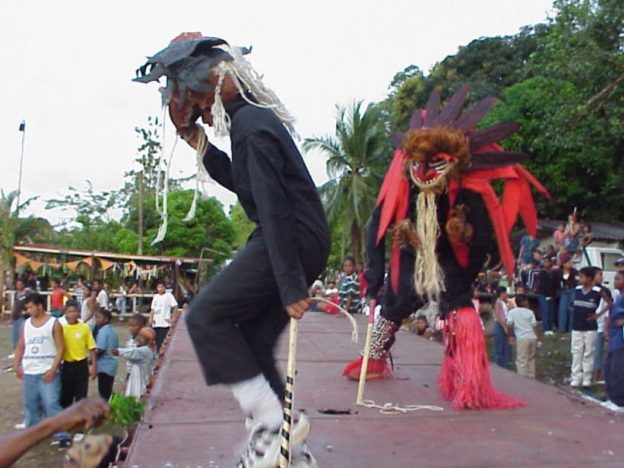
In this excerpt, Molinar discusses the current existence of three people who play the role of Major Devil in the Congo tradition even though the official narrative about the tradition only signifies one Major Devil character playing at any one time.
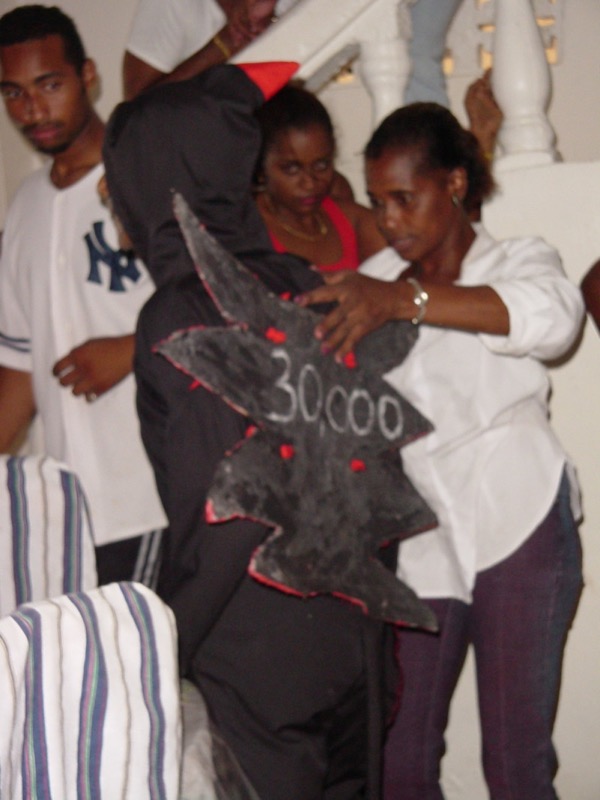
In this excerpt, Solís discusses the ritual process that Celedonio used to prepared to “transform” into the Major Devil character.
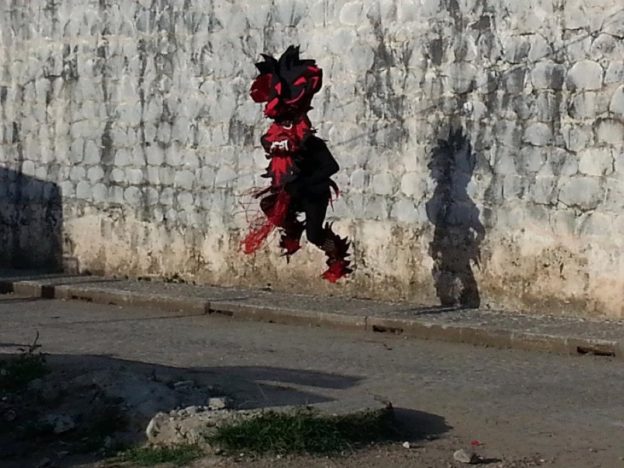
In this excerpt, Solís discusses the relationship between the economy and the increasingly violent ways in which younger generations of devils within Congo traditions of Panama embody the character.

In this excerpt, Ileana discusses the unique energy and magnetism that made Celedonio Molinar’s embodiment of the devil character within the Congo tradition of Portobelo, Panama so special.
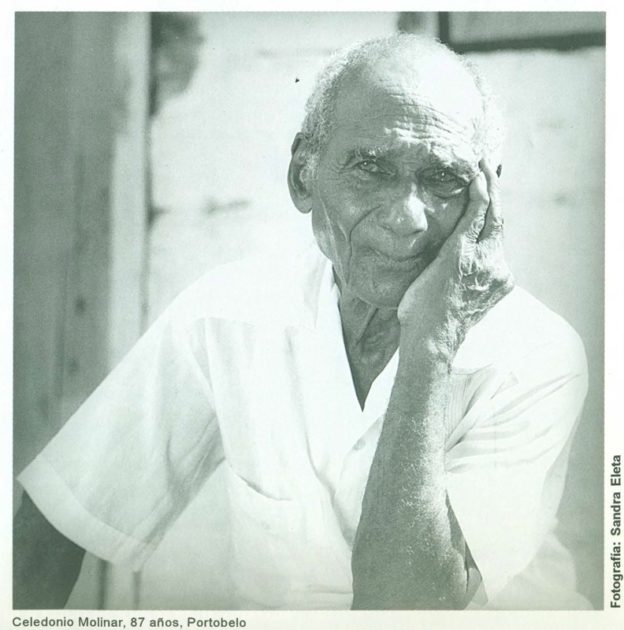
In this excerpt, Solís discusses what she believes is the legacy of Celedonio Molinar, renowned Major Devil in the Congo tradition of Portobelo, Panama.
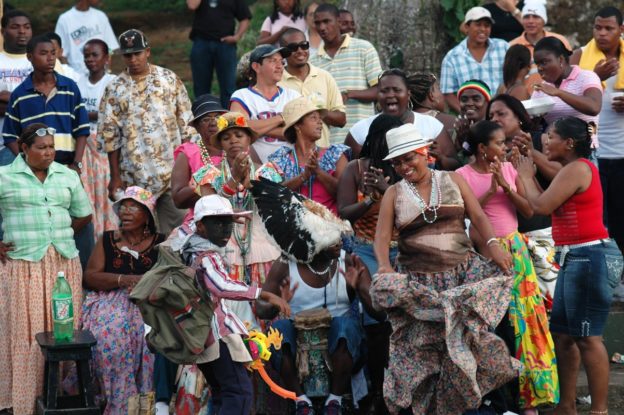
In this brief excerpt, Esquina discusses occasions on which the community offers presentations of Congo performance locally as well as abroad and her perception of their response to the tradition.
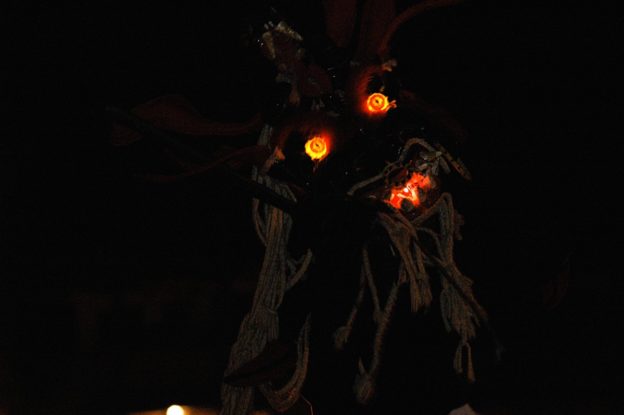
In this short excerpt, Molinar laments some of the escalating violence that he witnessed in the early 21st century.
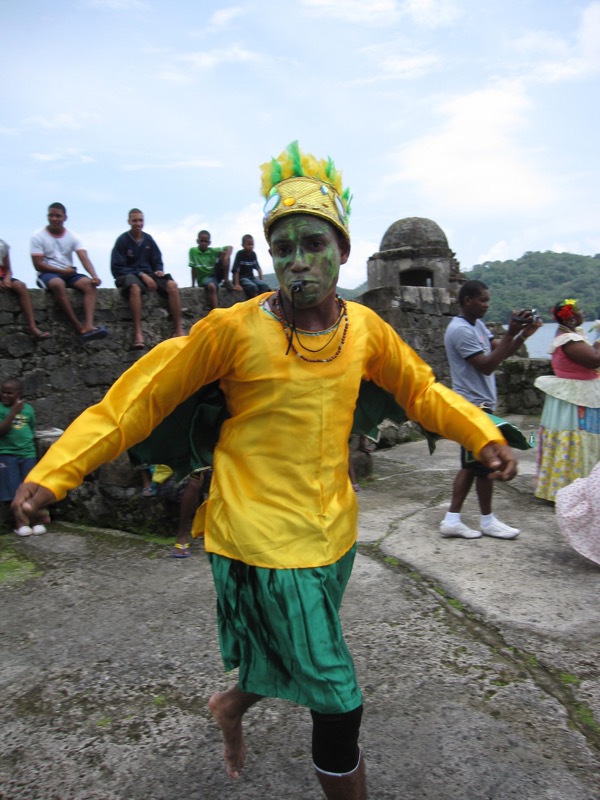
In this brief excerpt, Esquina discusses the significance of the Congo game and Congo dance including how prominently performing as a primary singer has figured into her life.